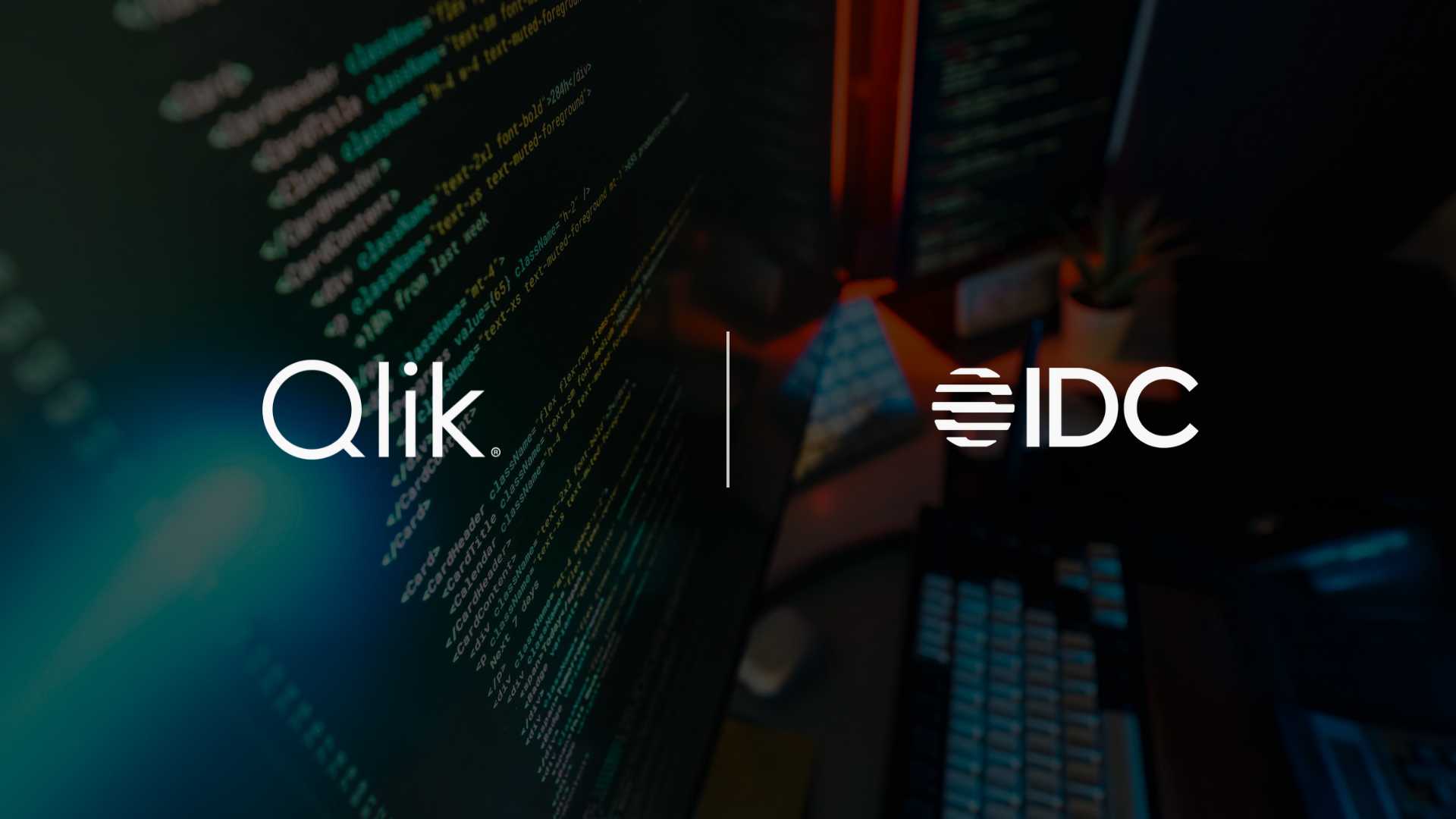

artificial intelligence cloud technology
Qlik Lands Leader Spot in IDC MarketScape 2025 as Real-Time Data Integration Takes Center Stage
Qlik Lands Leader Spot in IDC MarketScape 2025 as Real-Time Data Integration Takes Center Stage
 Business Wire
Business Wire
Published on : Nov 14, 2025
Qlik has secured a Leader position in the IDC MarketScape: Worldwide Data Integration Software Platforms, 2025 Vendor Assessment, marking a strong validation of its strategy as enterprises race toward real-time, AI-ready data ecosystems. The recognition highlights a clear industry shift: data teams no longer want just faster ingestion or cleaner pipelines—they want both, without locking themselves into a rigid cloud stack.
The IDC report points to growing demand for real-time change data capture, governed self-service access, visible data lineage, and AI-infused workflows. Qlik argues its unified platform delivers all of these while staying cloud-agnostic, a competitive advantage as enterprises rethink their architectures for a hybrid world.
Real-Time Data, Zero Lock-In
“Data leaders want two outcomes at once—make trusted data available faster and keep architectures open,” said Drew Clarke, EVP of Product & Technology at Qlik. The company positions itself at this intersection with a platform that blends streaming ingestion, ELT/ETL, catalog-led governance, and built-in AI tools.
Unlike platforms tied to a single cloud ecosystem, Qlik supports AWS, Azure, Google Cloud, and client-managed deployments equally. This flexibility increasingly matters as teams diversify workloads and avoid single vendor dependence.
AI Hits the Data Engineering Workflow
The IDC assessment also highlights Qlik’s agentic and generative AI assistance, embedded directly inside data engineering tasks. Instead of bolt-on AI features, Qlik integrates intelligence within the pipeline, offering:
-
Prompt-to-SQL generation
-
Context-aware rule suggestions
-
Automated documentation
-
API contract guidance
-
Support for vectorization and RAG pipelines
-
Integrations with LLMs and vector databases
These capabilities push Qlik deeper into AI-enabled data ops—a space heating up fast as enterprises lean on automation to stay competitive.
Catalyst for the Open Lakehouse Era
Qlik’s backing of Apache Iceberg stands out, aligning with a broader market movement toward open table formats. The platform supports Iceberg ingestion, optimization, compaction, and hybrid patterns that bridge old environments with modern lakehouse architectures. Its roadmap includes more in-flight transformations and expanded cross-cloud operability, signaling continued investment in openness.
Industry analysts see this as a differentiator. Stewart Bond, VP of Data Intelligence and Integration Software Research at IDC, noted that real-time, hybrid, multi-cloud capabilities are becoming defining factors in enterprise data modernization. Qlik’s placement as a Leader,, he added, reflects its momentum in delivering “trusted, governed, and AI-ready data pipelines.”
Customer Validation From the Front Lines
Enterprises already moving toward real-time operations say Qlik delivers measurable impact. “Qlik lets our teams move data continuously and make it usable with policy we can see,” said Colton Porter, Manager of Advanced Planning Systems at MillerKnoll.
He emphasized that engineers and analysts now operate from shared products with clear lineage and quality, modernize to Iceberg without friction, and use embedded AI to validate and improve pipelines. It’s a practical approach, he said, to accelerate analytics and AI “without trading away governance.”
Why This Matters
Qlik’s recognition comes at a moment when the data integration market is undergoing rapid transformation. Vendors are racing to combine:
-
Real-time data movement
-
End-to-end governance
-
Open standards
-
AI-native design
-
Hybrid cloud freedom
Few platforms check all the boxes. Qlik’s strategy—centered on flexibility, openness, and embedded AI—positions it as a strong contender as enterprises re-architect for the next generation of data and AI workloads.
Get in touch with our MarTech Experts.




